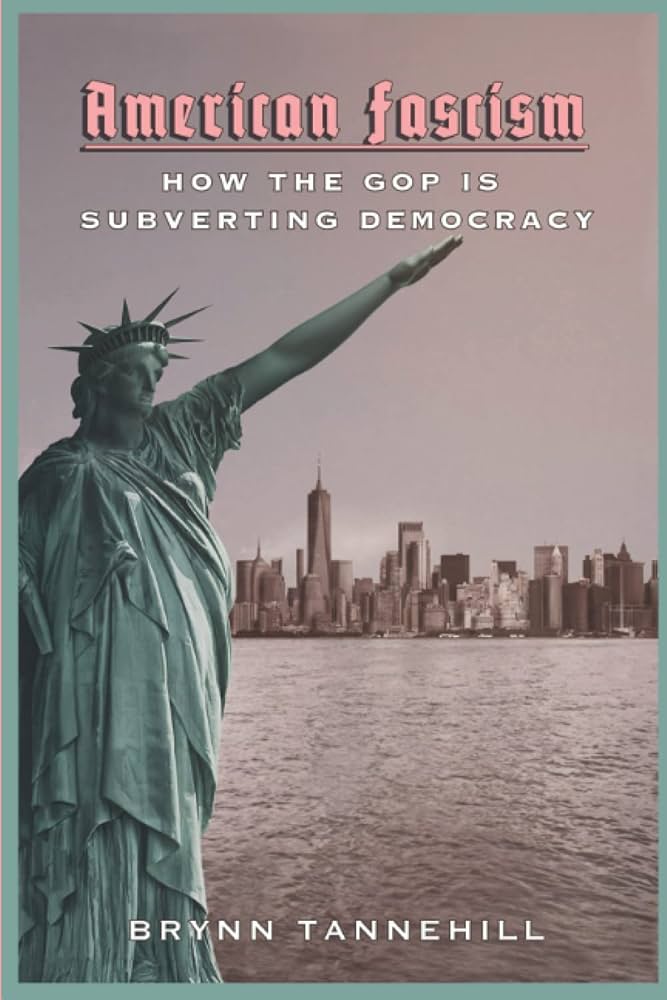A Closer Look at Trump’s Meetings
In the early days of Donald Trump’s presidency, meetings with pharmaceutical CEOs, Bill Gates, and leaders from major corporations were widely publicized. While many saw these discussions as an attempt to spur innovation, economic growth, and public health initiatives, critics have raised an important question: Do such interactions suggest a deeper alignment of government and corporate interests that veers dangerously close to a fascist framework?
Defining Fascism in the Modern Context
Fascism, as historically defined by scholars like Benito Mussolini, involves a merging of state and corporate power into a singular entity that dominates economic, social, and political life. While the term has evolved over the decades, the key characteristics include:
- Centralized Authority: Power is concentrated in a single leader or ruling party.
- Collusion Between Government and Corporations: Corporate interests and government policies are deeply intertwined.
- Suppression of Dissent: Opposition voices are minimized through direct or indirect means.
- Populist Messaging: Nationalistic rhetoric is used to rally mass support while advancing elite interests.
Does America fit this mold? Let’s analyze the specifics of Trump’s meetings and the broader implications.
Trump’s Early Engagements with Big Pharma and Corporate Leaders
Pharma CEOs
In January 2017, President-elect Trump held a high-profile meeting with pharmaceutical executives. The agenda focused on:
- Lowering drug prices.
- Increasing domestic production.
- Deregulating the FDA to accelerate drug approvals.
While Trump called out high drug prices publicly, the meeting resulted in promises of deregulation that ultimately benefited Big Pharma’s bottom line rather than the average American consumer. For instance:
- Stock prices of major pharmaceutical companies surged following the meeting.
- Despite promises, drug prices continued to rise under his administration.
Appointment of a Top Pharma Lobbyist
One of Trump’s most controversial decisions was appointing Alex Azar, a former top lobbyist and executive for pharmaceutical giant Eli Lilly, as Secretary of Health and Human Services. Azar’s tenure raised serious questions about whether public health policies were being unduly influenced by industry interests. Under his leadership:
- Drug prices remained high despite campaign promises to lower them.
- Deregulation efforts were widely seen as favoring Big Pharma rather than consumers.
The decision to put a pharmaceutical lobbyist in charge of one of the most influential health agencies reflects a clear instance of the revolving door between corporate America and the government.
Bill Gates
Trump also met with Bill Gates several times during his tenure, primarily to discuss:
- Vaccination programs, including those funded by the Gates Foundation.
- Strategies for pandemic preparedness, particularly during COVID-19.
Critics argue that such interactions blurred the lines between public health policy and private philanthropy, as Gates’ influence in global health initiatives often aligns with corporate interests, including those of vaccine manufacturers.
Corporate Roundtables
Trump convened roundtables with CEOs from major corporations such as General Motors, Lockheed Martin, and ExxonMobil. Key themes included:
- Tax cuts and deregulation.
- Trade agreements and manufacturing policies.
The 2017 Tax Cuts and Jobs Act, a centerpiece of Trump’s economic policy, slashed corporate tax rates from 35% to 21%, disproportionately benefiting large corporations and the wealthiest Americans.
Indicators of Corporate-Government Fusion in the U.S.
While it’s not accurate to label America outright as a fascist state, the following patterns raise concerns about the increasing fusion of corporate and government power:
- Revolving Door Between Government and Industry
- Key government appointees, like Azar, often come from corporate backgrounds, creating potential conflicts of interest.
- Other examples include lobbyists appointed to high-level positions within the Environmental Protection Agency (EPA) and the Department of the Interior.
- Lobbying Influence
- In 2020 alone, the pharmaceutical industry spent over $300 million on lobbying efforts, influencing policies that often favored corporate interests.
- Public-Private Partnerships
- While touted as innovative solutions, partnerships between the government and corporations—such as Operation Warp Speed—raise questions about accountability and transparency.
- Regulatory Capture
- Agencies like the FDA and EPA often make decisions that prioritize industry profits over public health and safety, a hallmark of corporate influence on governance.
Is the American Government Fascist?
Labeling America as a fascist state might be an oversimplification, but the warning signs are evident. The increasing alignment between government policies and corporate interests has significant implications:
- Erosion of Public Trust: When policies appear to favor the elite, public confidence in democracy diminishes.
- Stifling of Small Businesses: Deregulation often benefits large corporations while putting smaller competitors at a disadvantage.
- Weakened Accountability: Corporate lobbying and political donations create a system where money, not the public good, drives decision-making.
The issue is not exclusive to Trump’s presidency. Corporate influence has permeated American politics for decades, crossing party lines and administrations.
A Call to Action
Understanding the dynamics of corporate influence is essential to preserving democracy. Here’s what citizens can do:
- Educate Themselves: Read books like Democracy in Chains by Nancy MacLean or The Shock Doctrine by Naomi Klein.
- Advocate for Campaign Finance Reform: Push for laws that limit corporate donations to political campaigns.
- Support Independent Media: Platforms like The Intercept and ProPublica investigate corporate influence on politics.
Conclusion
Trump’s meetings with pharmaceutical CEOs, Bill Gates, and other corporate leaders, along with the appointment of top pharma lobbyists to key government positions, highlight the blurred lines between corporate interests and government policies. While America may not fit the historical definition of fascism, the growing entanglement of state and corporate power demands scrutiny.
For more insights like this, visit BitlyFool.com, where we uncover the truths behind politics, economics, and society.





